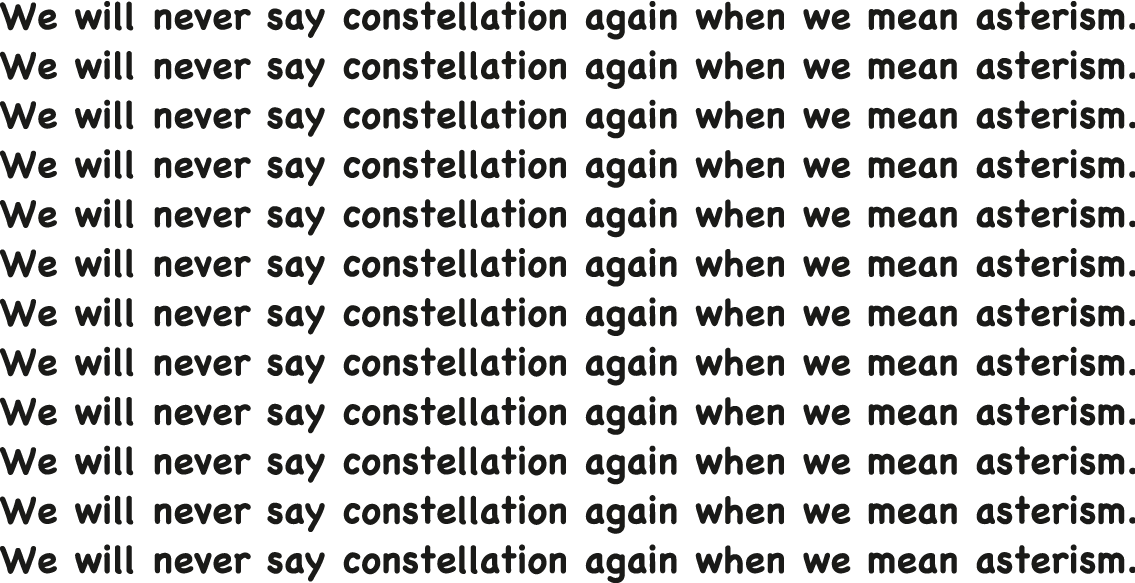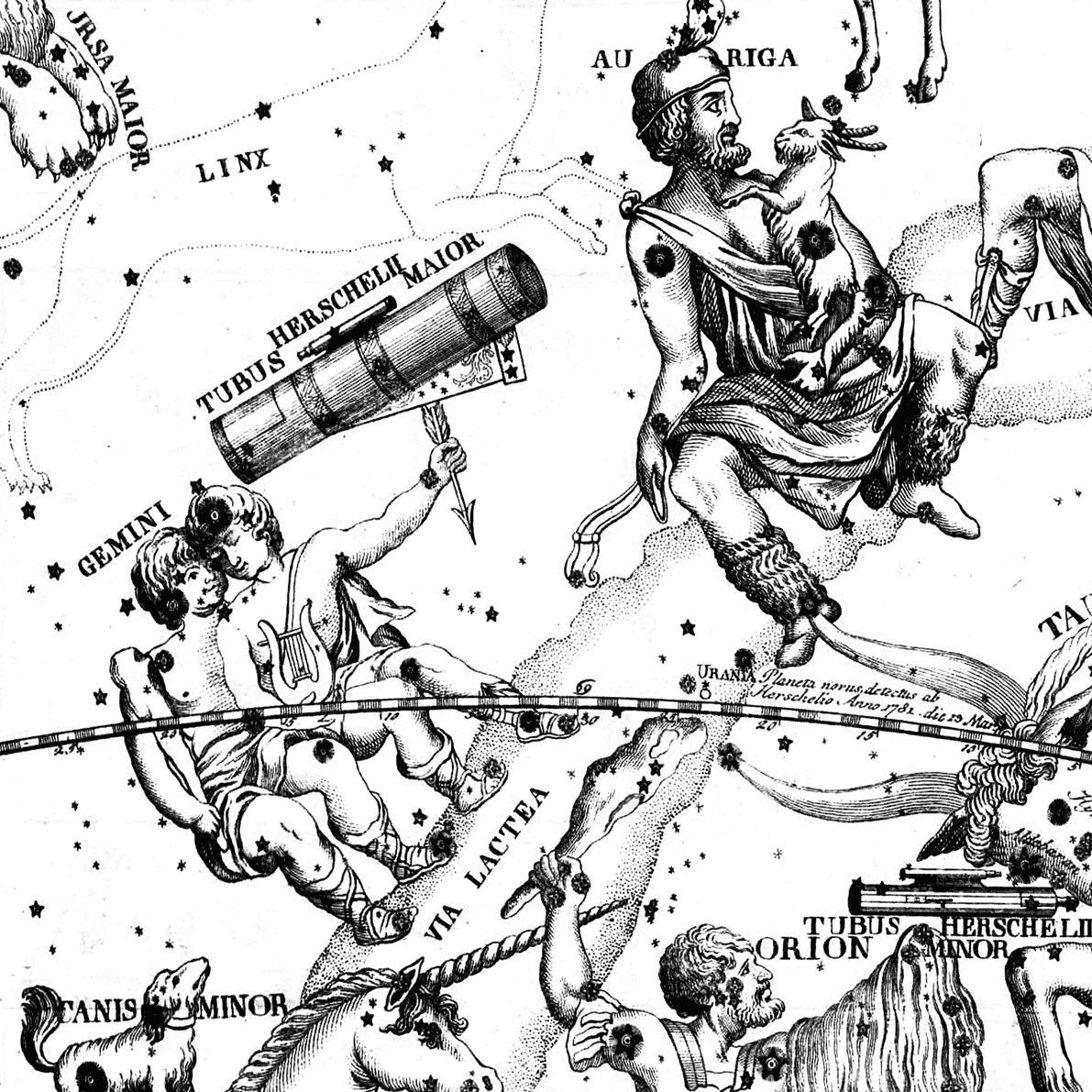Kiosk / Spring 2014
In the nooks and crannies
Cabinet
As we go to press, the US has just advanced to the knockout stage of the World Cup. Actually, scratch that. As we go to press, the United States has just advanced to the knockout stage of the World Cup. After fourteen years of editing the magazine, it has just been brought to our attention by one of our interns that the Chicago Manual of Style, which we purportedly follow, demands that country names never be abbreviated in running text unless they are being used adjectivally. Speaking of late-dawning revelations, this is also the place to note the strange fact that a World Cup is being held during our “spring” issue production cycle, surely a first.
• • •
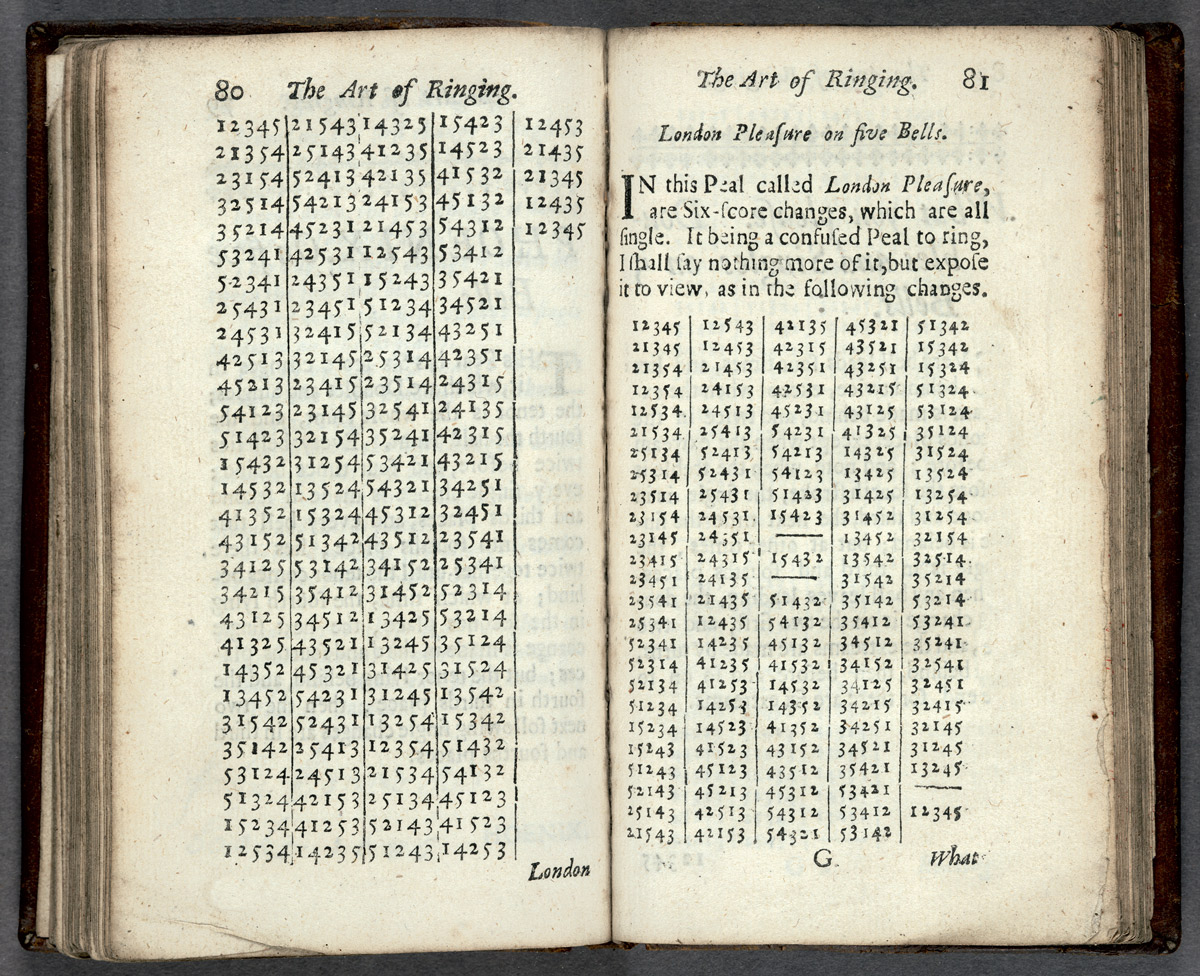
Getting images for a magazine like ours is often a nail-biting crapshoot. Yesterday, at around 4 pm UK time (note the abbreviated adjectival form used correctly here!), the day before we were to send the magazine to press, we wrote a panicked email to the Bodleian Library at Oxford asking if the glorious image we had ordered to accompany Katherine Hunt’s article on change ringing would in fact arrive in time, as promised. Further panicked by their initial non-response (especially puzzling since they had no soccer team to cheer on), we parlayed the time zone differential between NY and California to our advantage and called our friends at the Huntington Library in LA to see if they could photograph and send us a substitute, the only-slightly-less-glorious image reproduced here. (It is from Richard Duckworth’s 1668 book Tintinnalogia; see Hunt for more on this). The crack staff at the Huntington came through, but so did the Bodleian, just in the nick of time. (Their picture is here.) We could not include both images in the layout, but we are printing the Huntington image here because: 1) it is great; 2) because a lot of time and effort was expended on our behalf to get it to us in time; and 3) because we did pay some $60 to obtain it. In the larger scheme of things, this is a very modest fee, but we are notoriously miserly and not using an image that we paid for would have pained us.
• • •
Speaking of our printer—the excellent Die Keure in Bruges, Belgium—we have just learned that Dirk Libeer, who for many years ran the company, has sadly departed. Longtime readers of the magazine will know that in addition to executing our often idiosyncratic production requests over the years, Dirk has also been an occasional contributor to the magazine. Perhaps his most famous appearance was via his legendary “Note to the Readers of Cabinet,” which he included in issue 18 without our permission. We will miss Dirk very much, and wish his team the worst of luck when they play the US—oops, the United States—in four days’ time.
• • •
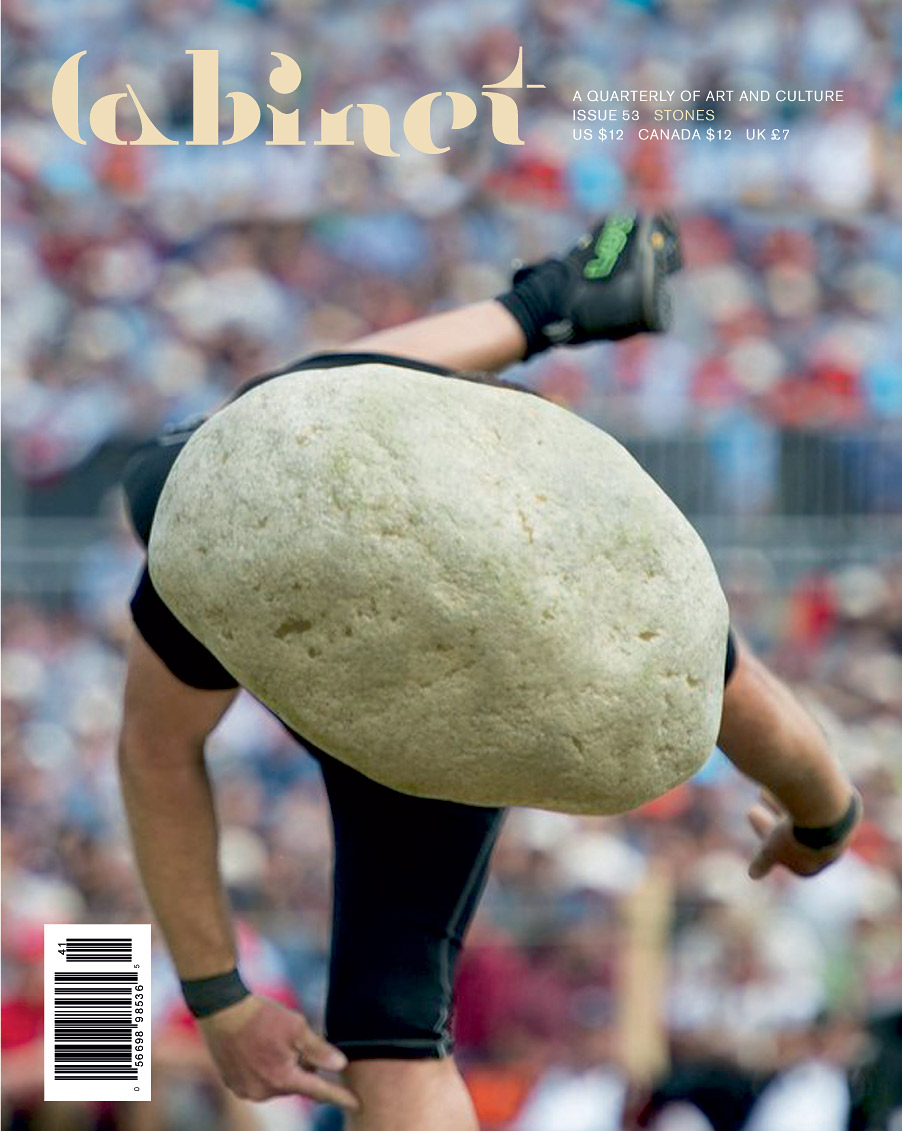
The runner-up cover depicting a stone-throwing competition in Switzerland (who will be playing Argentina in four days’ time). Most people in the office thought it was a potato, not a stone. Filed for forthcoming Potato issue.
• • •
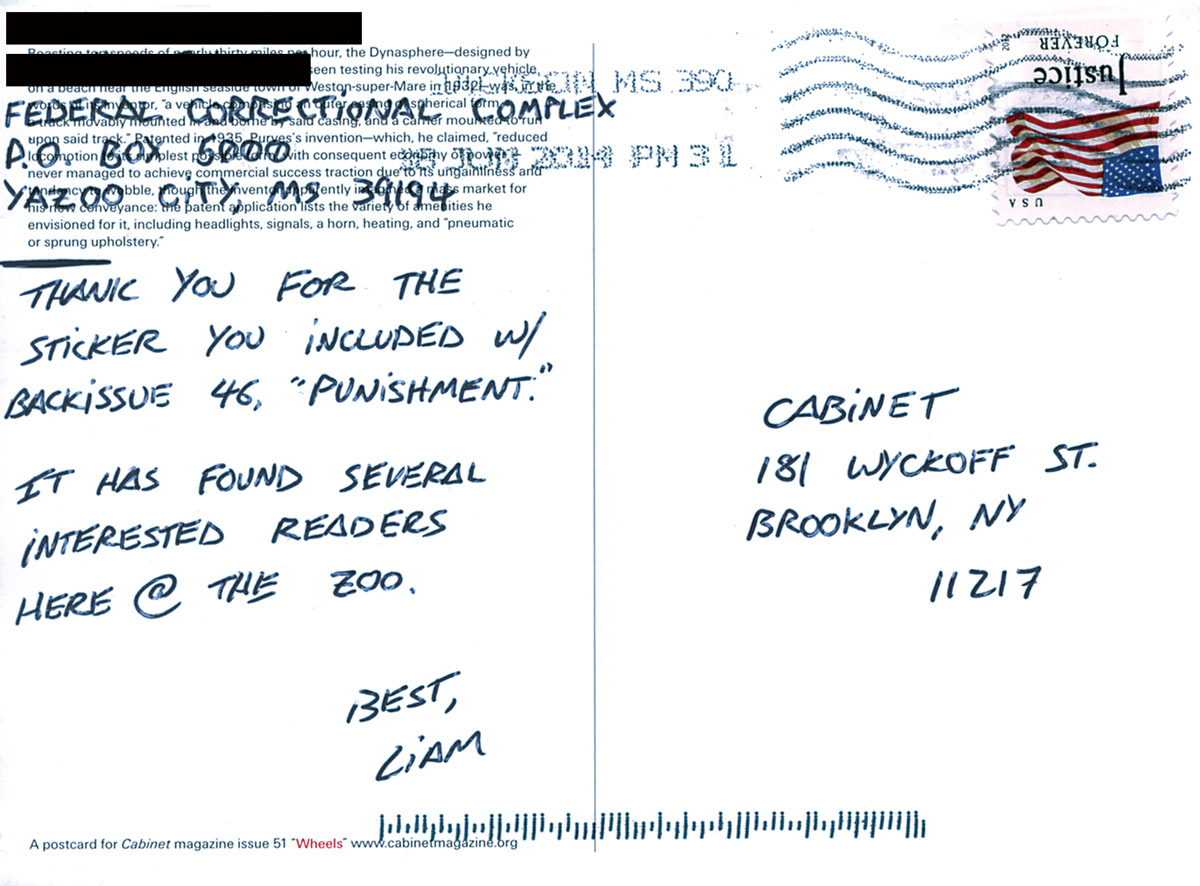
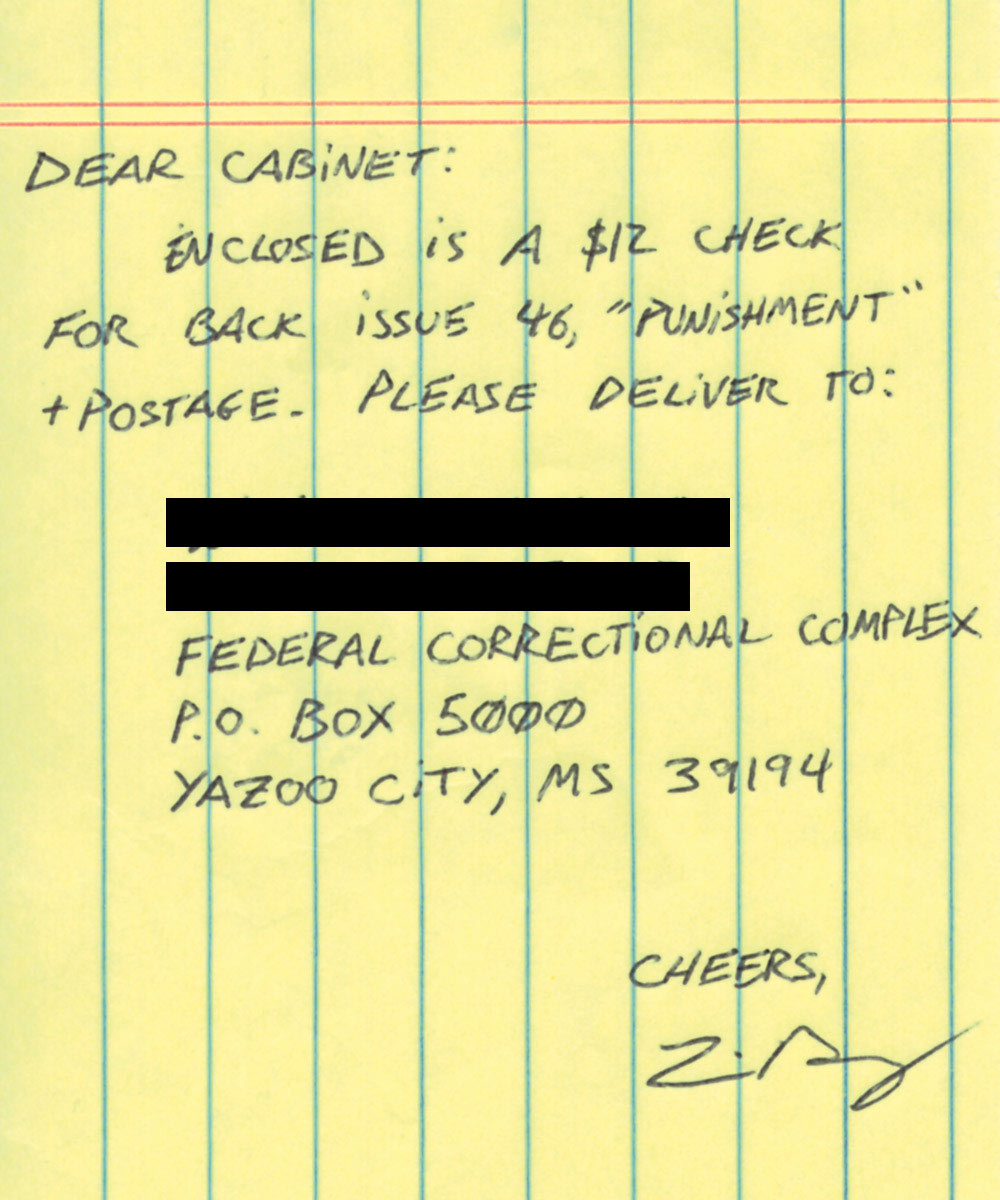
At Cabinet, we have always been interested in what might be called “specific knowledge,” which comes from first-hand experience of a particular institution or practice. We were therefore especially gratified that our recent “Punishment” issue was of interest to a number of incarcerated readers around the United States.
• • •
Fact-checking often involves sifting through heaps of source material; sometimes, though, all it takes is a phone call, but only if the person at the other end is someone like eminent historian of science Owen Gingerich. An emeritus professor at Harvard now in his mid-80s, Gingerich maintains an office at the university and happened to be there one afternoon when we called him out of the blue. He’d never heard of the magazine, but he proceeded to take nearly an hour of his time going up and down various bookcase ladders to pull down astronomical atlases from the late eighteenth century as he tried to help us clarify the history of two asterisms (now retired; see Julia Christensen’s Burnouts for more on this) based on William Herschel’s telescopes. Thank you, Professor Gingerich.
